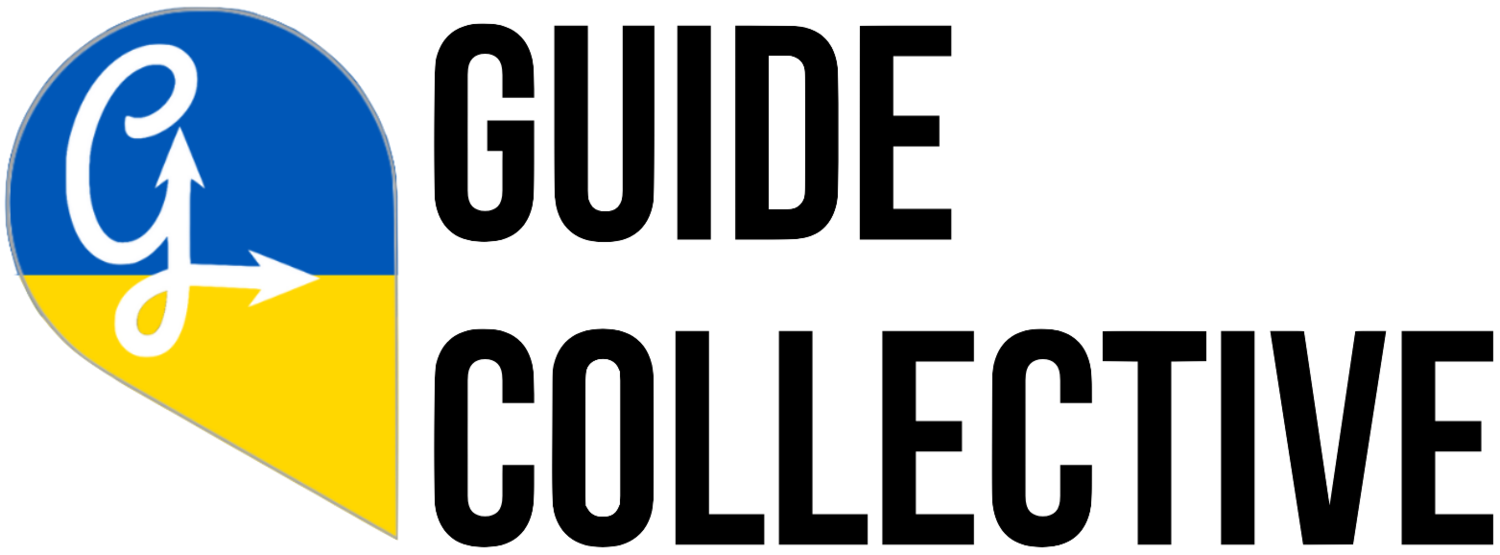Hope: A Reflection
Roberto Bechi | Tours by Roberto
Image | @hideobara, Unsplash
If we read the newspaper headlines, and watch the TV news it certainly seems like there isn't much to be cheerful about; all we seem to hear about are wars, terrorism, the exodus of populations, hunger and now the Covid-19 pandemic. But are we able to see what is right in front of us from an objective perspective?
Let's pretend we have gone back in time.
We are in Europe in 1944, and I am a teenager in a bomb shelter, together with many other families who are terrified by the bombings. At a certain point, I get up and in front of everyone I start proclaiming: “Stop complaining, stop crying, and trembling! For the next 70 years there will be no more wars between Germans, French and Italians, people will be able to travel freely among nations. You may not believe me, but we will even have a German pope one day.”
As they stare at me in disbelief, I continue --”We'll get lots of our energy from sunlight, and at the touch of a button we will be able to receive information from all over the world about everything, share what we know with complete strangers, and buy whatever we need and more.” Everyone would cry: That poor kid! It's got to be the trauma of the war that has left his mind in this sorry state!
The truth is, things do change—and I've seen a lot of changes for the better, especially in regards to the knowledge Americans have of Europe, and vice versa. While for a few decades after WWII, only the wealthy could travel for pleasure, as the world economy continued to grow, other social classes could also afford a vacation “on the other side of the pond.” Slowly, people have become less and less intimidated and have begun to venture out on their own rather than in large package tours. Doing so allows travellers to meet local people, sharing perspectives with them, and absorbing new points of view as they taste new foods and learn about the customs and history of other nations.
I have been working with American tourists for almost thirty years, first as the owner of an Italian restaurant in Italy, and later as a manager of one in Atlanta, Georgia, and finally for the last 25 years as a tour operator and guide.
Thirty years ago, the image associated with Italian food in America was Alfredo sauce, Chicken Piccata, and spaghetti and meatballs. In my first year as a tour operator way back in 1995, I even had a few clients who asked how to say “Cappuccino” in Italian. I remember taking a family to an organic farm, where it seemed as if the teenagers and even some adults could not recognize Swiss Chard or any produce that wasn't yellow or red in color. As far as knowledge about history or local traditions was concerned, a number of clients only knew whatever they read in guidebooks. They didn't know much else about European politics and their assumptions about our culture were based on stereotypes.
It wasn’t only Americans. There were plenty of stereotypes shaping the opinions of Italians too. What saved us a little was the coverage given by our media about the rest of the world, leaving us more informed than Americans who mostly heard news about the USA.
Today, things are radically different from when I first started out, thanks to the Internet. Americans of all ages come to Europe much better prepared regarding not only what they want to see, but also with a boundless desire to learn and experience new things.
In the USA, many of the TV channels feature shows on food that talk about farm-to-table meals. Degrees at Culinary Institutes are issued in record numbers. There is also a much deeper awareness of our politics and economics, and some stations like PBS even air documentaries and programmes that explore Italy, Europe, and the world in detail.
So I would say there is hope for a more united, understanding world. If we want, we can leave that shelter. We can go out together and discover how our differences can become our strengths for future generations.

